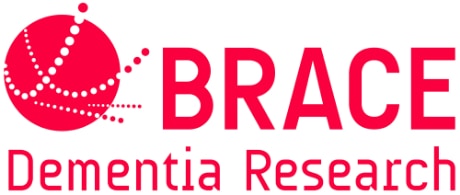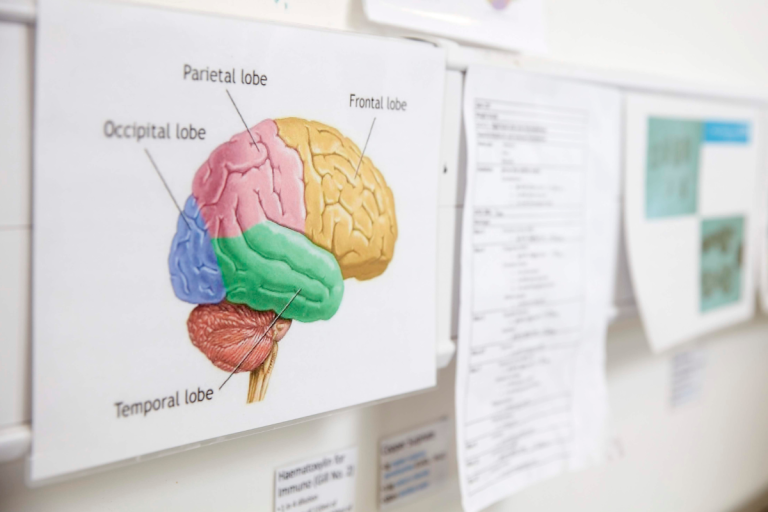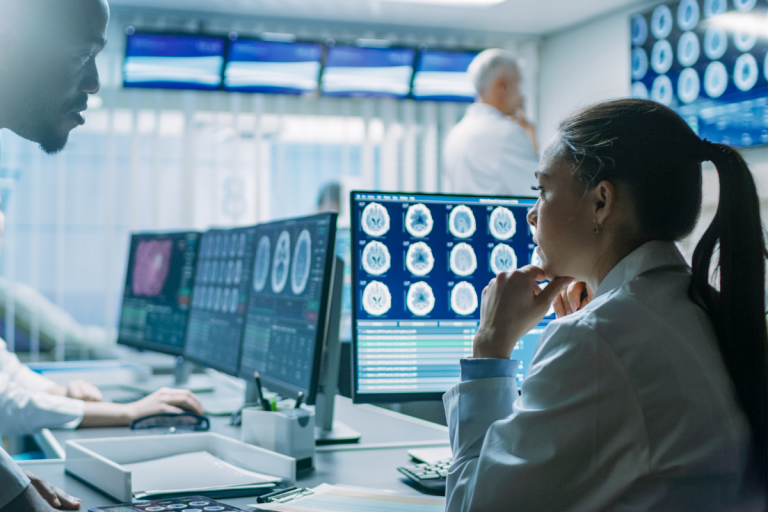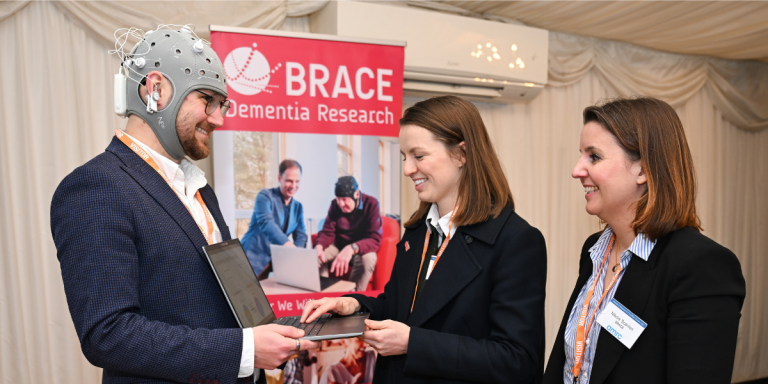Talking About Dementia
Some Common Words and Phrases to Help You Understand Dementia
Dementia is a complex condition, and there are lots of technical terms surrounding it, so we've put together this helpful A-Z guide to words and phrases you might hear
Conditions
Signs & Symptoms
Other Medical Terms
Research Terminology
Share this page




